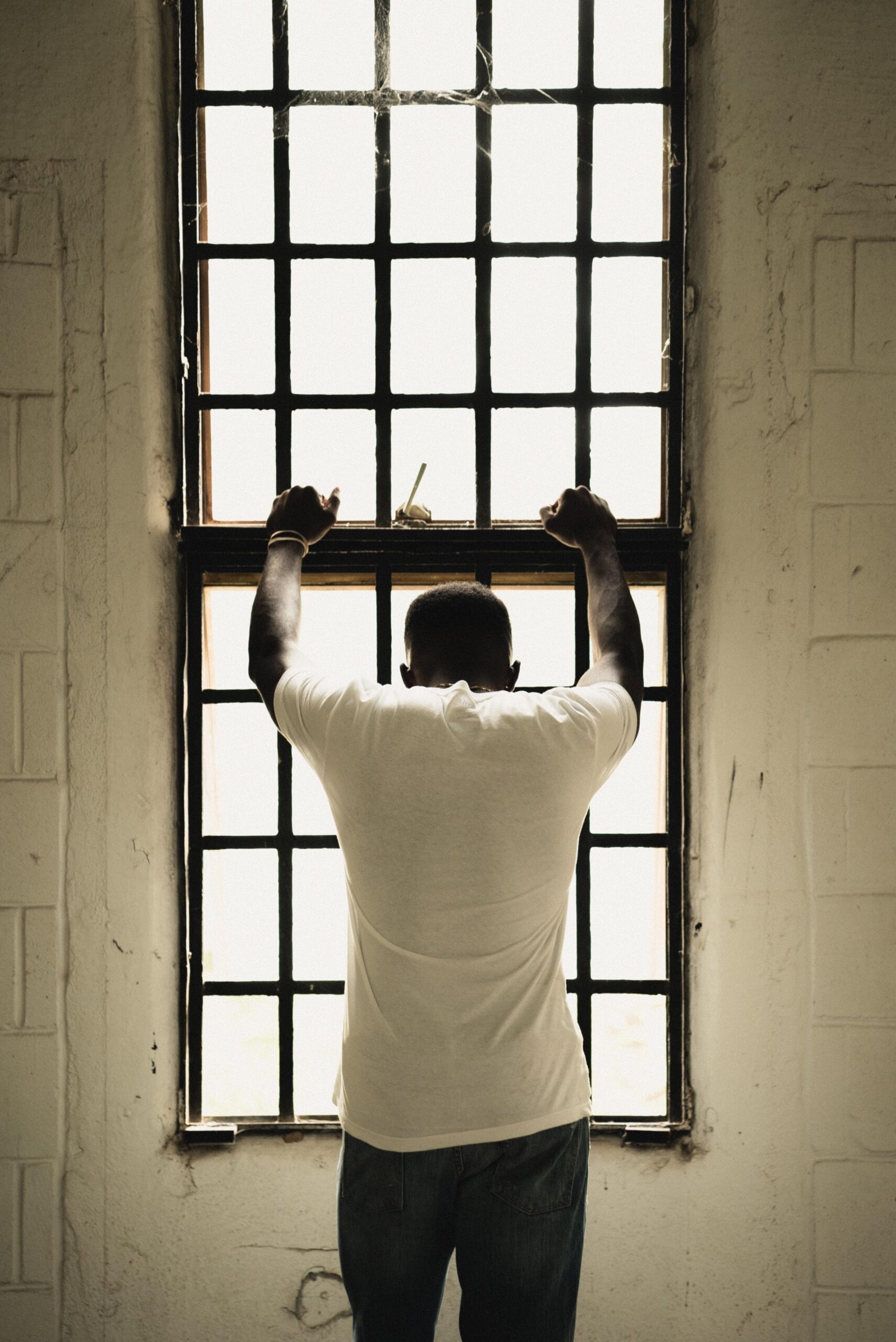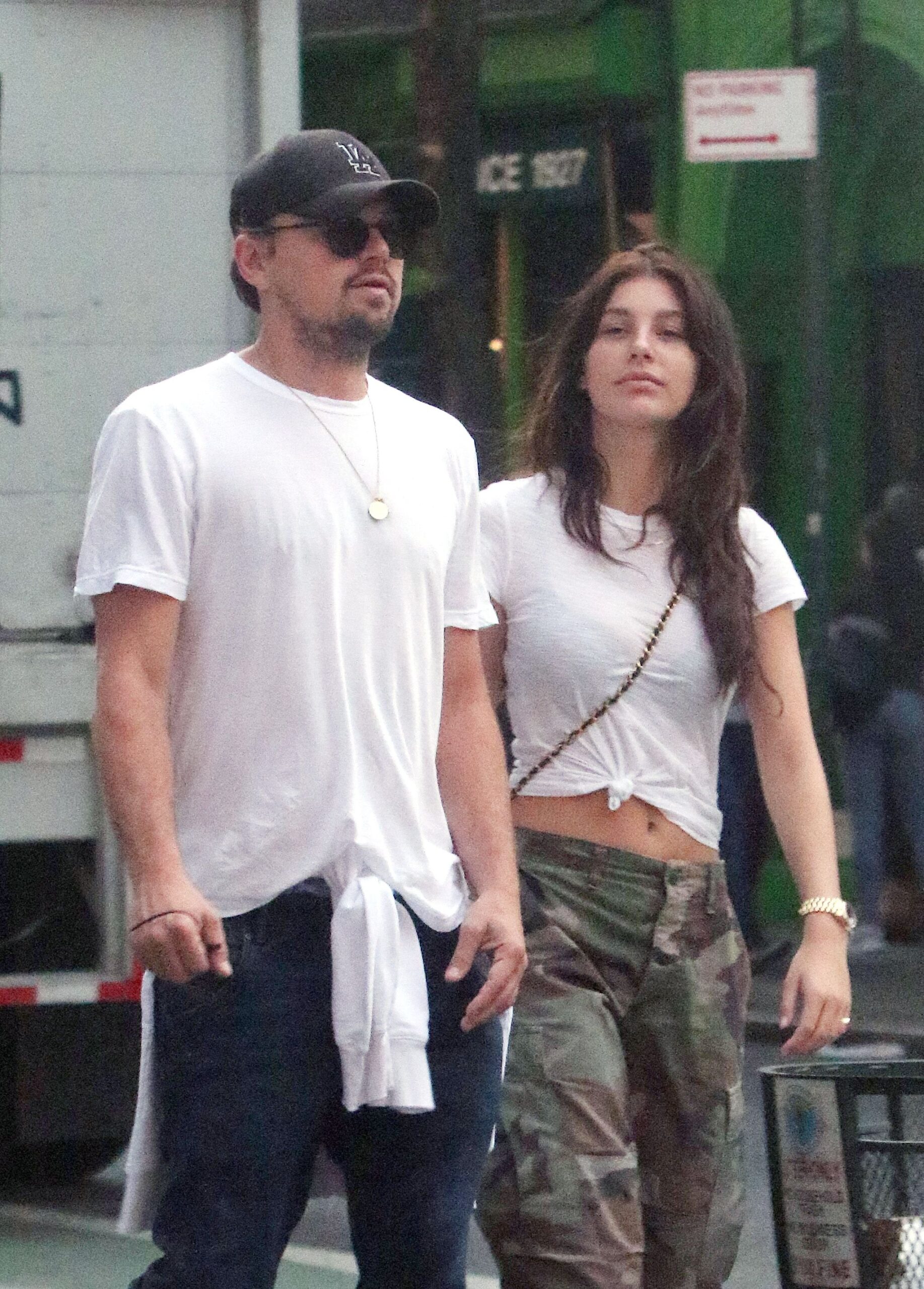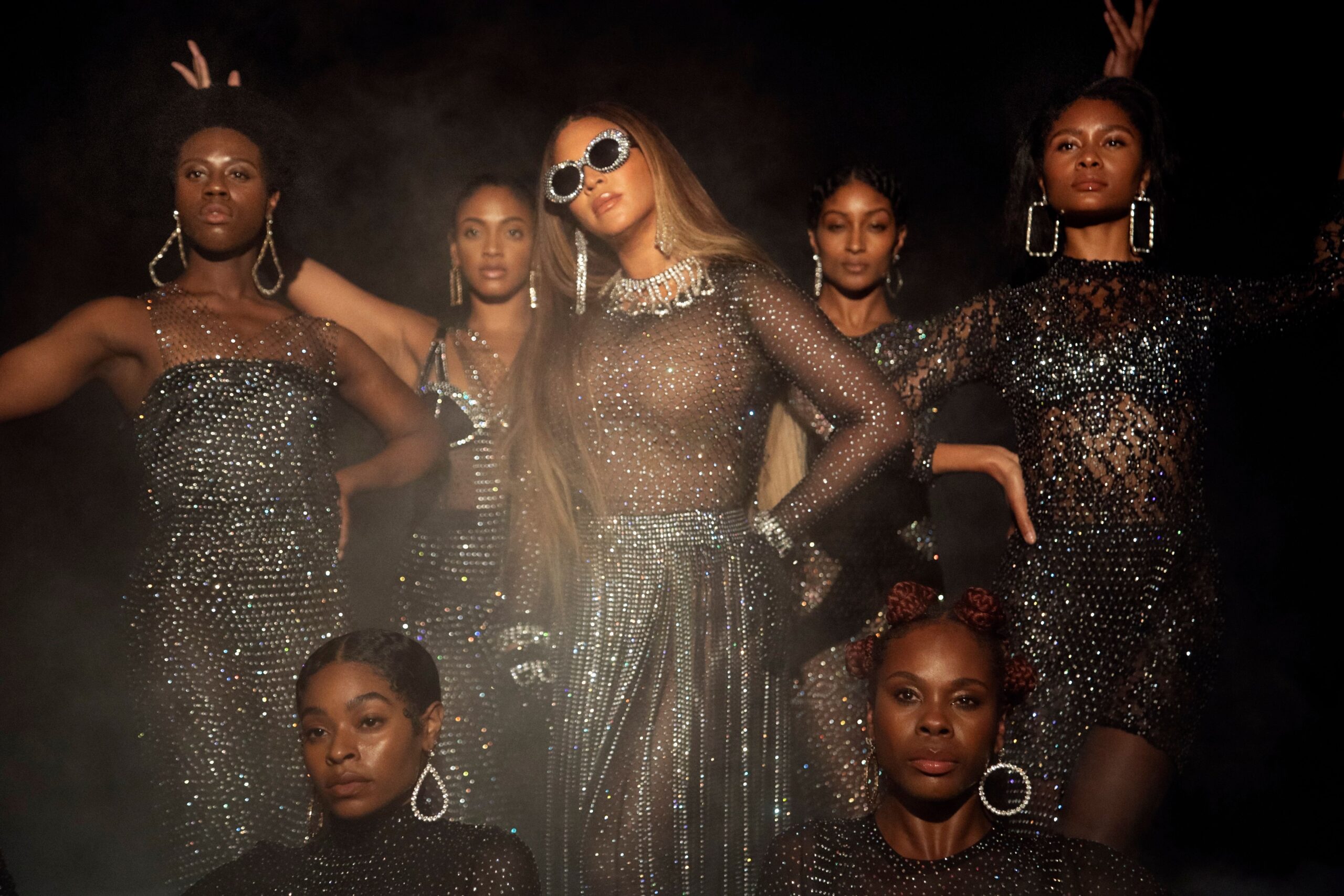When Aaron McGruder‘s comic strip, The Boondocks, became an animated series, it changed television forever. The show debuted in November of 2005 and was instantly a hit as part of Cartoon Network’s Adult Swim line-up. Black and white audiences watched every Sunday to see retiree Robert “Granddad” Freeman (voiced by John Witherspoon) and his grandsons, […]











